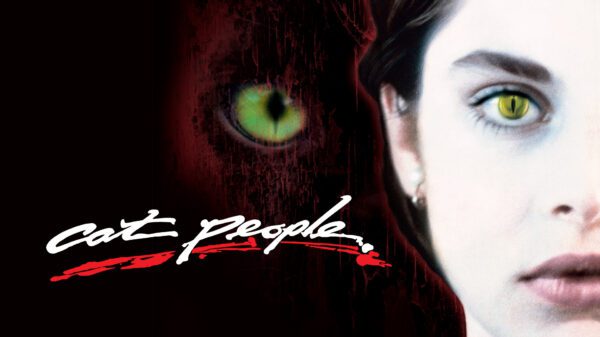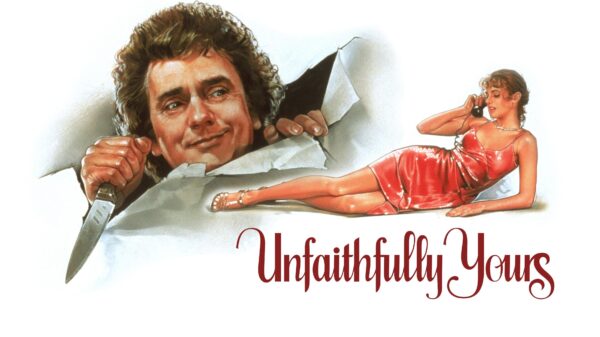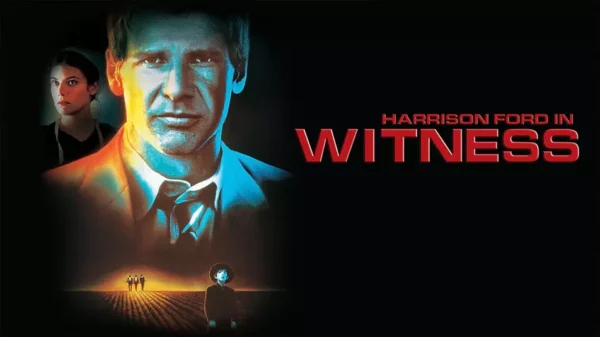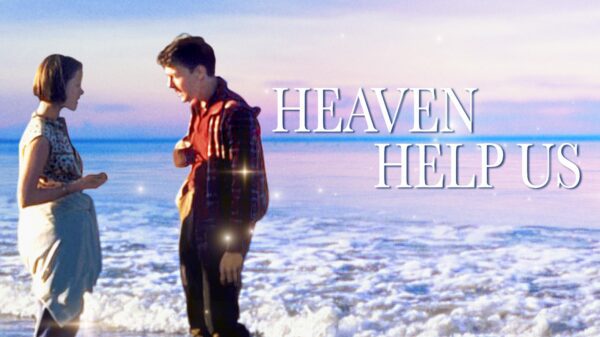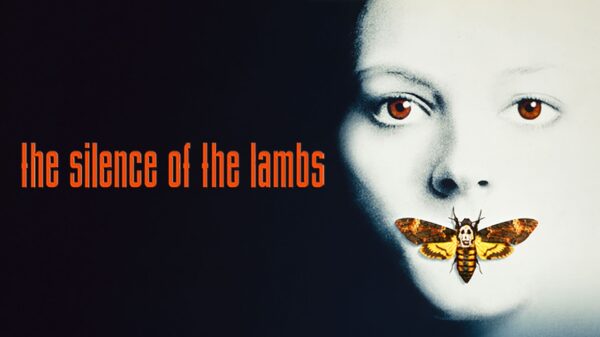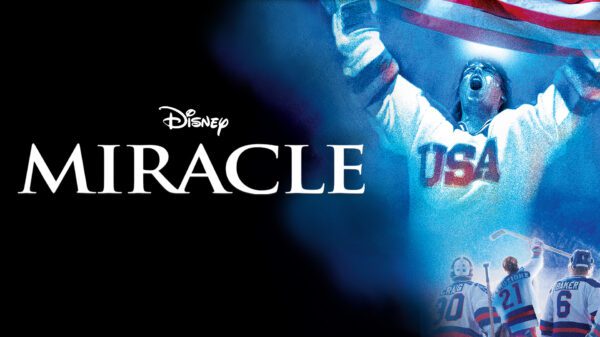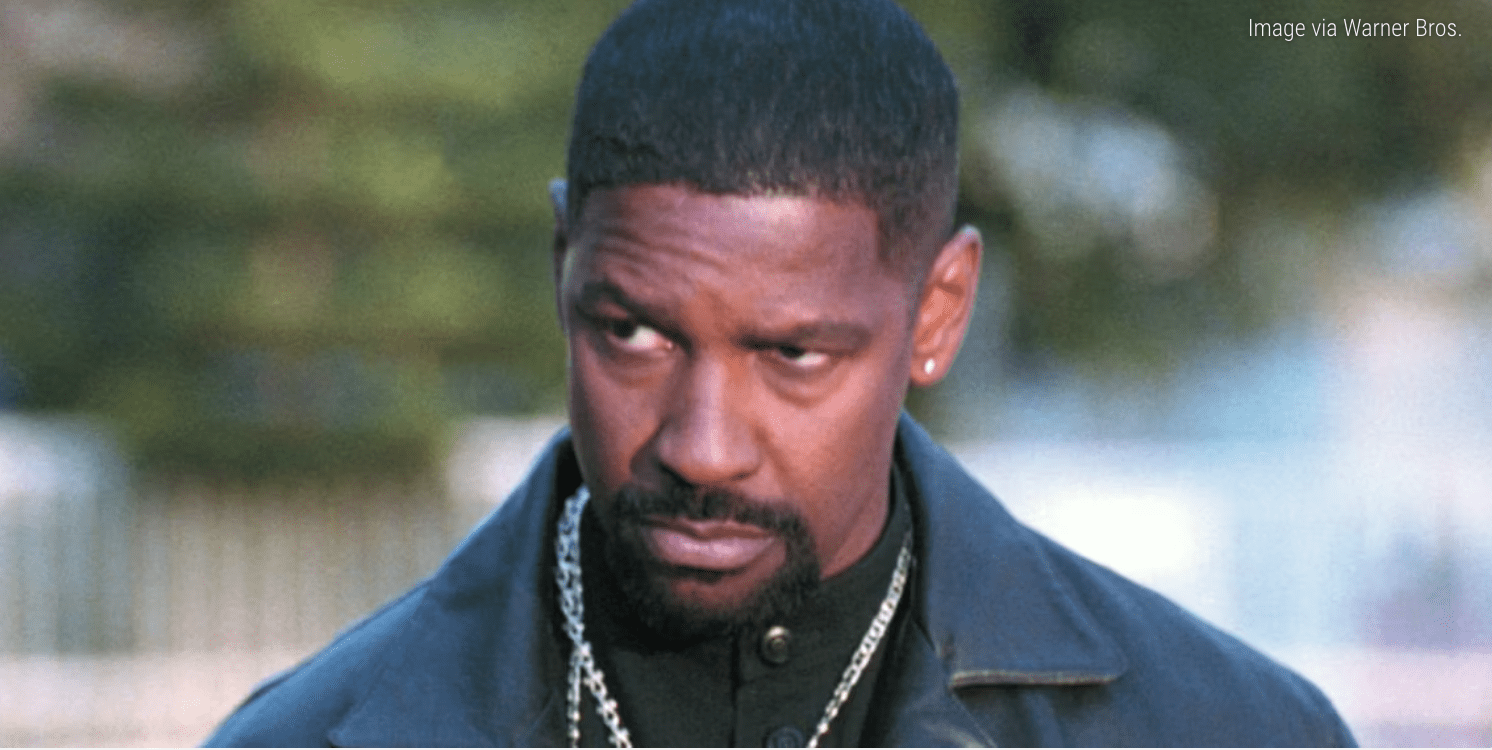Dinner with Friends, which premiered on August 11, 2001 on HBO, is an unflinching and masterful drama produced by HBO Films and directed by Oscar winner Norman Jewison. Adapted from Donald Margulies’ Pulitzer Prize-winning play, the film strips away melodrama to offer a painfully honest look at the complex, interwoven lives of two long-married couples whose friendship is tested by an unexpected marital crisis.
The story revolves around Karen (Andie MacDowell) and Gabe (Dennis Quaid), a sophisticated couple who work as food and travel writers, and their closest companions, Beth (Toni Collette) and Tom (Greg Kinnear).
For decades, these four have been a fixture in each other’s lives, sharing the comfortable intimacy of a surrogate family.
The inciting event occurs when Beth shows up at Karen and Gabe’s home, devastated, to reveal that Tom is abruptly leaving her for another woman.
This single, devastating piece of news acts as a corrosive agent, instantly shattering the perceived stability not only of Beth and Tom’s relationship but also of Karen and Gabe’s.
The core of the film explores the intricate fallout of this revelation.
The remaining couple is forced to scrutinize their own marriage, becoming acutely aware of the minor cracks and unspoken compromises they’ve made over the years.
Meanwhile, through expertly placed flashbacks, the film contrasts the idealized, hopeful beginnings of both relationships with the messy, painful compromises of their present reality.
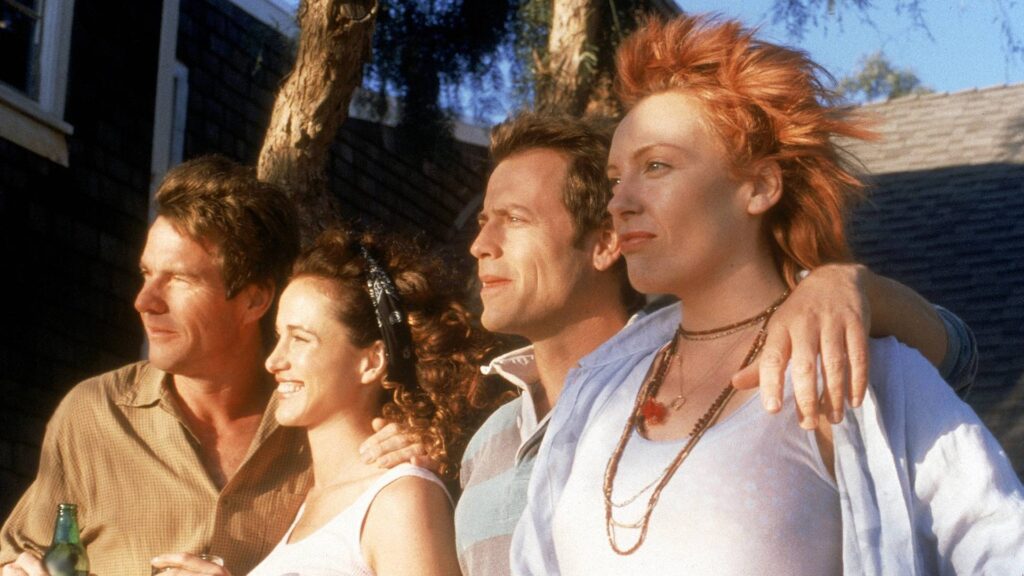
Dinner with Friends (Photo/HBO Films)
Reception for Dinner with Friends
Steven Oxman called Dinner with Friends “an extremely faithful, well-cast film adaptation of Donald Margulies‘ highly affecting play” in his review for Variety.
Legacy
The legacy of Dinner with Friends lies in its reputation as a definitive, adult drama that excels in its psychological realism.
It is celebrated for its phenomenal ensemble cast, each delivering subtle, nuanced performances that capture the quiet desperation and profound sadness of middle-age disillusionment.
The film provides a mature and compelling examination of how the failures of others often force us to confront the vulnerabilities within our own lives.


